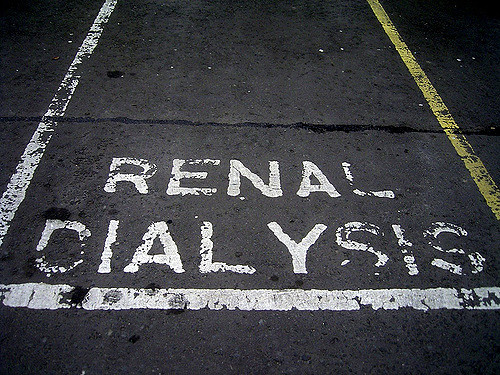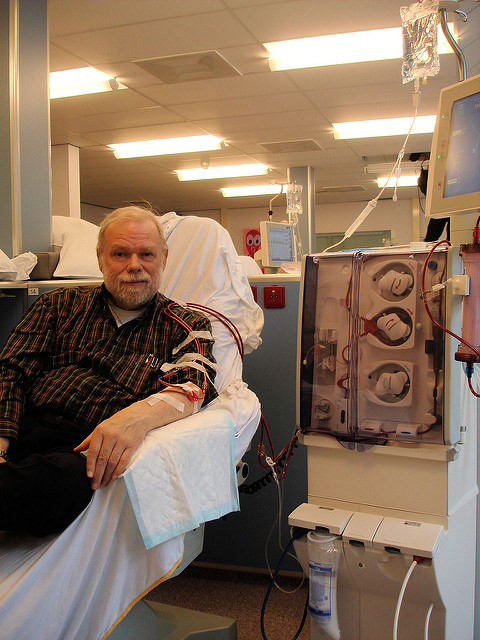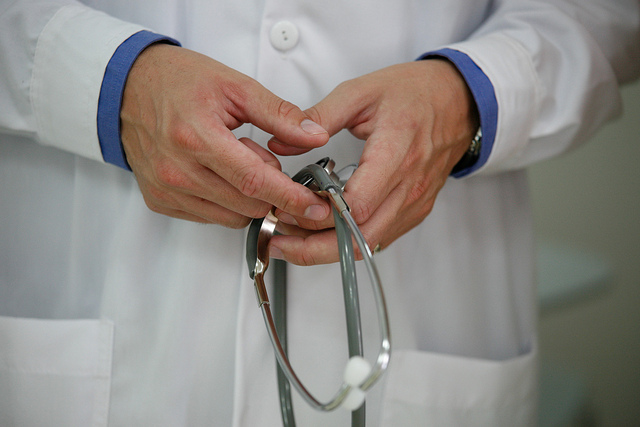While on dialysis, many may not plan any trips or vacations to avoid inconveniences during their treatment. Despite the obvious concerns that you may have, it really isn’t necessary to deprive yourself of the opportunity to get away from it all. In fact, it is actually of benefit to travel. So, why not get around those concerns and find out what you have to keep in mind to travel safely.

Image courtesy of Ralf Κλενγελ at Flickr.com
It takes planning
Like any other trip, it requires solid planning, but even more so in this case. The first task is to research everything available about dialysis centers in the destination you are traveling to. You could also go to your dialysis center to see if they can help you in the search or if they have any experience in helping their patients prepare for a trip. If not, you can definitely do it on your own, as long as you make sure to cover all the bases. Since you do have more to plan for than your regular trips, it is important to start planning at least 7 to 8 weeks before the travel date.
Do your research
If you’re traveling to a city where you have friends and family, try to get them to find out locally the contact information for dialysis centers. If not, then get online and start your search. A good place to start is Globaldialysis.com, where all you need to do is type in the city and country to get a list of all of the dialysis clinics in that area. Once you have narrowed your options, start contacting them to see which one is the right fit.
Getting the details
You should have a long talk with your temporary dialysis center and find out as much information as you can to ensure you feel completely comfortable and safe. Understanding their policies on the reuse of dialyzers and bloodlines, the types of dialyzers they use, the type of dialysis machine they use (high flux capability, conventional), or if they routinely provide lidocaine is important. Besides these inquiries, you could also find out about the treatment itself like the duration, the scheduling, conditions during the treatment like if you are allowed to eat or drink while on dialysis or if they have an ice machine available for patients. Finally, in terms of logistics, find out what schedules would be available to you, although most traveling patients are set up in the evening shifts between 7:30 pm and 2:00 am. Other information that you feel is relevant is also key like transportation to arrive at the center which could influence your decision, since you will be in a new city.
The most important thing is to make sure you ask everything you need to know to feel comfortable with your decision.

Image courtesy of Jim Forest at Flickr.com
Details you’ll need to give
Most dialysis centers will require certain information from you to ensure they provide a safe dialysis service. So, when making arrangements be sure to have this information at hand. First of all, have identified which dates you need the dialysis treatment on. From there they will request all of your personal information like name, address and numbers, as well as your medical history and recent physical exam results. Any exam done recently will be important to include in your documentation like lab results, EKG or chest x-rays. They will need your dialysis prescription and at least 3 recent treatment records. When informing them of your history be sure not to leave out any special needs or dialysis requirements you may have or information about your general health and any medications you are taking. Finally, insurance information is necessary, as well as where you’ll be staying at in the city. Just keep in mind that the more information they have about your medical history and health in general, the better service they can provide.
Prepare for the unexpected
Whether you are traveling or sitting at home, you have the possibility of getting sick. Being realistic is important, because it will help you plan more effectively. Obviously, take care of yourself while on vacation, be sure to keep a diet, and not overdo it with sightseeing. If it gets to the point of requiring hospitalization, remember that this is something your temporary doctor has considered, so he will be prepared. So, just in case make sure your family knows where you’re traveling to, and which center you are being treated at. Have handy any contact information of people you may need to reach out to in case of emergency like your regular doctor or dialysis center. If you are traveling with more people, make sure they know about your condition, where you keep your medical history, as well as information on your medical needs. Finally, always carry any medications you may need and make sure you have enough for the whole trip along with a few extras just in case of emergency.






